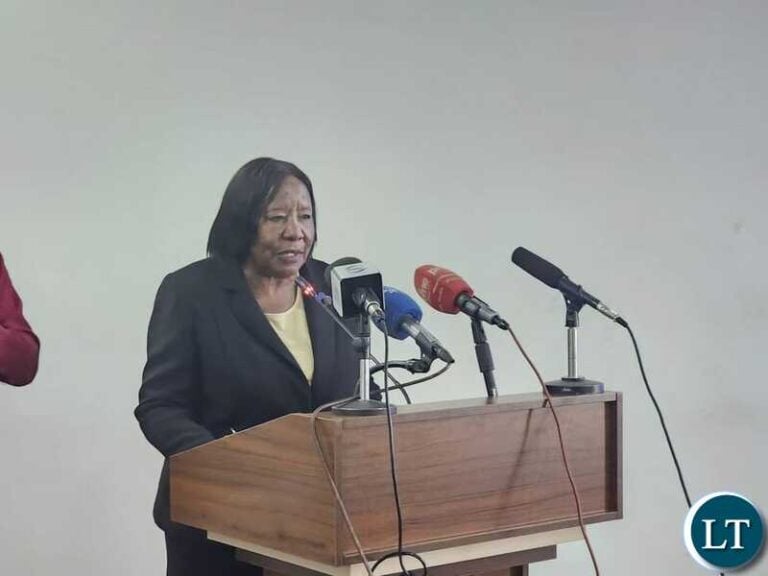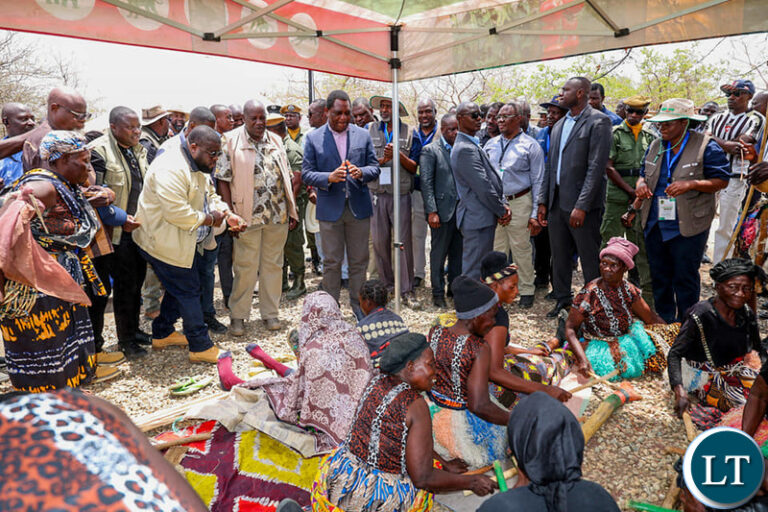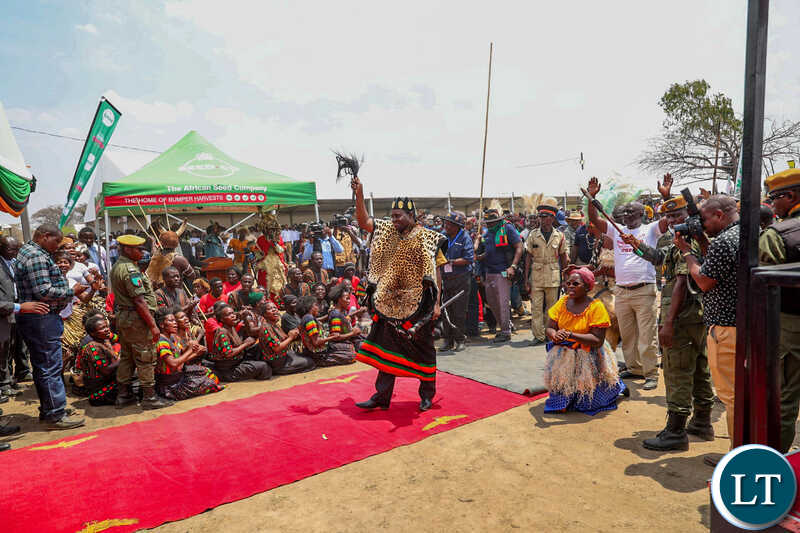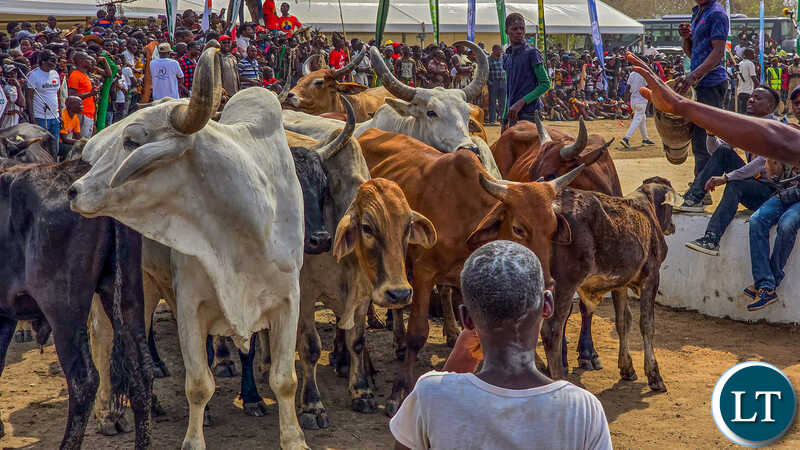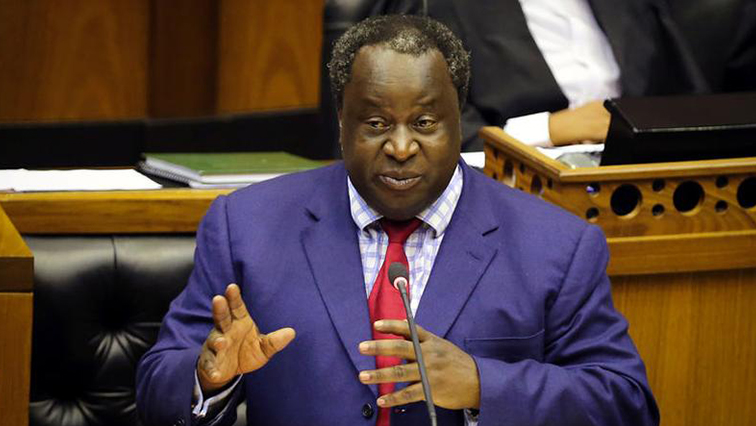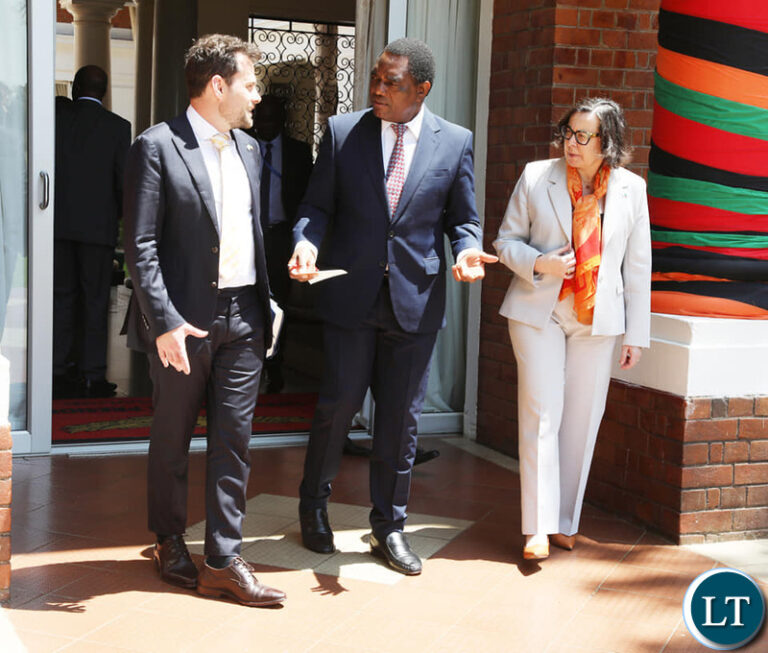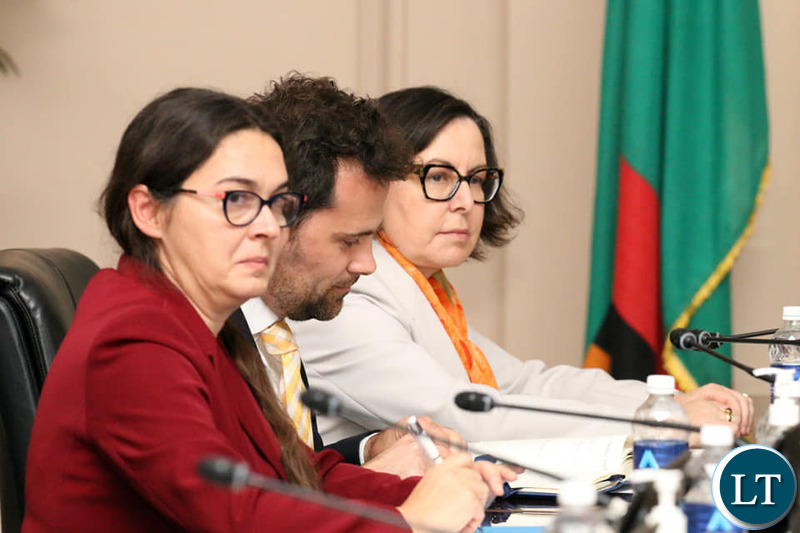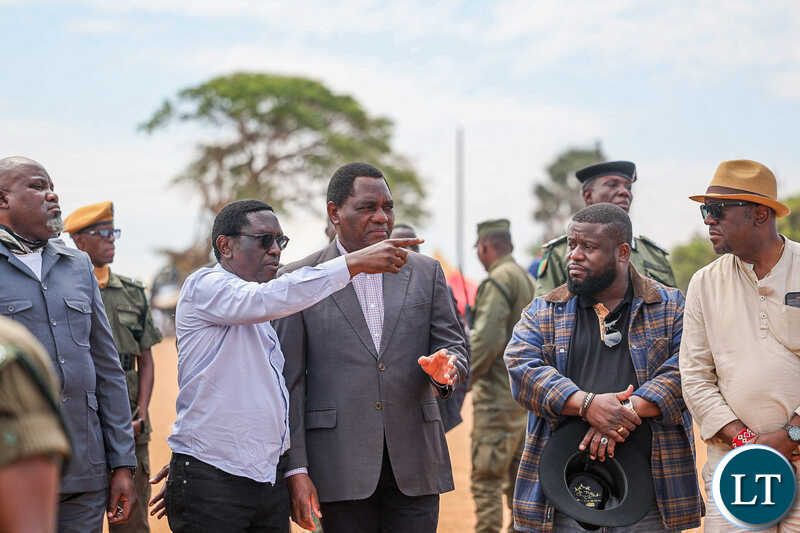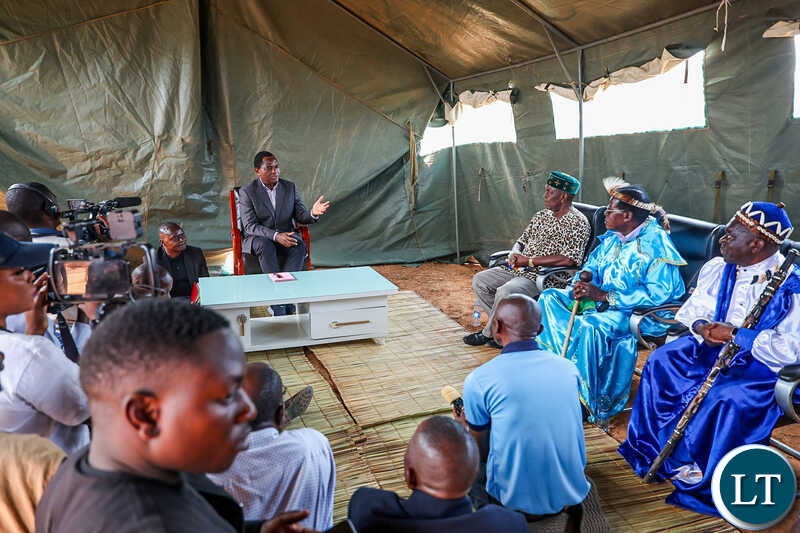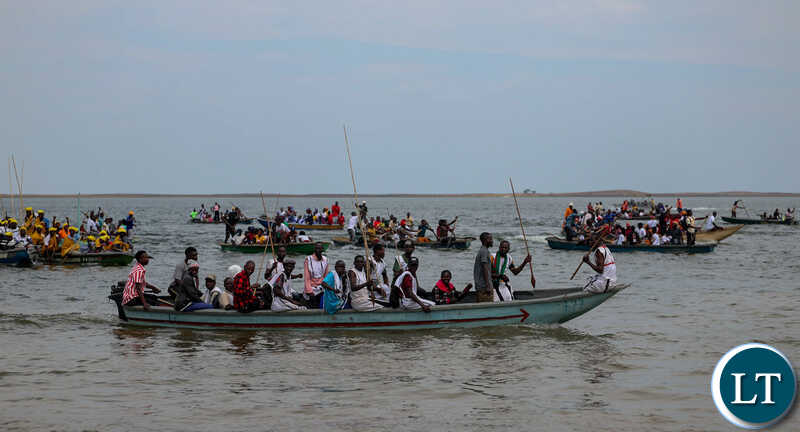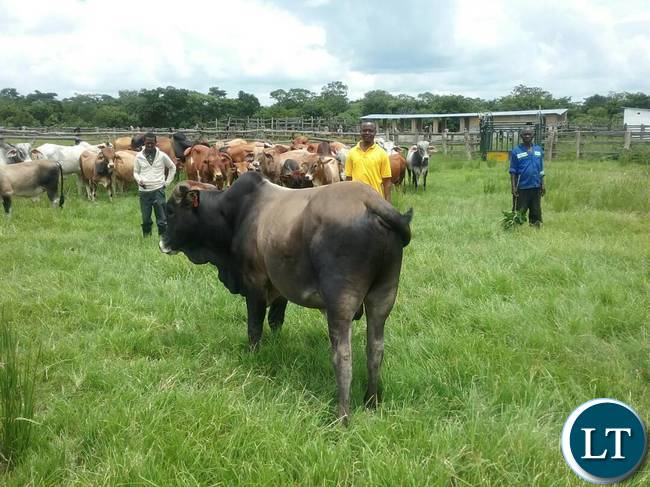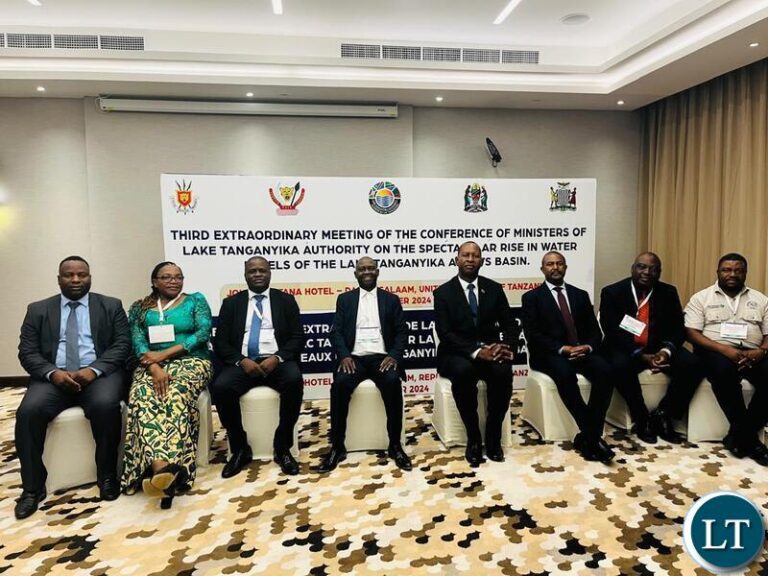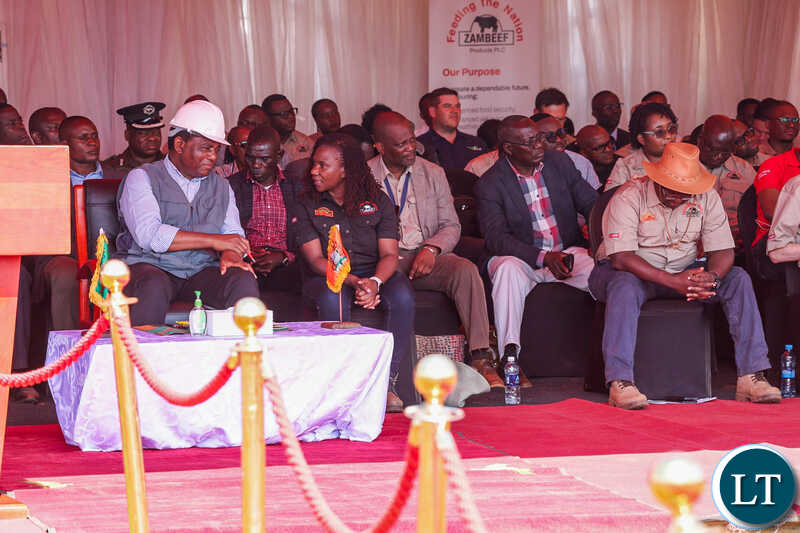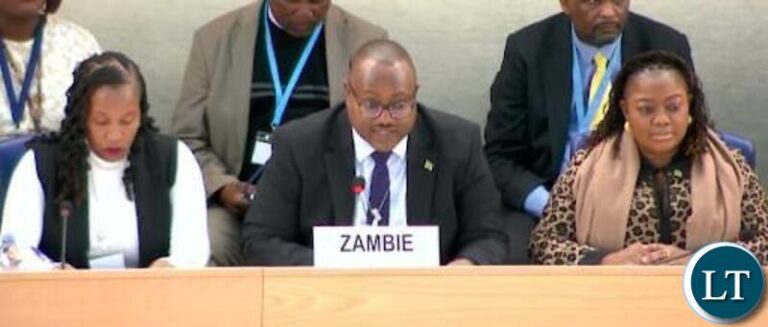Illegal ERTC Begins Sittings: A Warning to the Current Government
Ambassador Emmanuel Mwamba has raised serious concerns over the establishment of the Electoral Reforms Technical Committee (ERTC) by Electoral Commission of Zambia (ECZ) Chairperson, Mwangala Zaloumis. Mwamba points out that Zaloumis does not have the legal authority to set up such a committee, as it bypasses established legal mechanisms for reviewing electoral systems.
Mwamba highlights the appointment of Rabson Chongo, a former Finance Minister and a colleague of Zaloumis in the UNIP era, to head this so-called committee. Chongo has been tasked with making recommendations on legislative, administrative, and policy changes that would require constitutional amendments, a role that Mwamba argues is outside the mandate of both Zaloumis and the ECZ.
Drawing from past precedents, Mwamba reminds the public of the legal framework followed in 2003 when President Levy Mwanawasa set up a similar committee. Mwanawasa delegated this responsibility to the Minister of Justice, George Kunda, who formed an independent committee comprising stakeholders from the Law Association of Zambia (LAZ), civil society, the Church, media organizations, and youth and women’s groups. This committee followed the correct legal channels and had broad stakeholder representation, unlike the current ERTC, which has sparked concerns over its legality and transparency.
Mwamba asserts that the task of reviewing electoral laws and systems should lie with the Zambia Law Development Commission or be commissioned directly by the President under the Inquiries Act. The ECZ, he warns, is risking public funds on what could be an unlawful and unconstitutional process. “What vault or budget line is Zaloumis using at ECZ to expend these public resources on an illegal and illegitimate process? It smells of audit queries and unlawful expenditure all the way,” he cautions.
Voices critical of this development, such as those from legal and political circles, have emphasized the potential long-term ramifications of this “illegal” process. If left unchecked, such actions could erode public trust in the government’s ability to uphold constitutional values and follow due process. Lawlessness and unconstitutional actions, Mwamba warns, have become a hallmark of the current administration, setting dangerous precedents for the future.
For the government of President Hakainde Hichilema, this issue serves as a critical juncture. Should electoral reforms be genuinely necessary, there is a legal path to follow one that involves broad stakeholder engagement and adherence to constitutional processes. The administration must be cautious in allowing any institution or individual to circumvent these frameworks, as the long-term repercussions on Zambia’s governance and democratic integrity could be severe.
The legality of processes, as history has shown, is paramount to sustaining trust in the government. Failure to heed these warnings could see Zambia embroiled in legal challenges and further division among stakeholders. Now is the time for the government to ensure that all reforms, particularly those touching on the foundation of its democracy, are carried out with respect for the rule of law.


